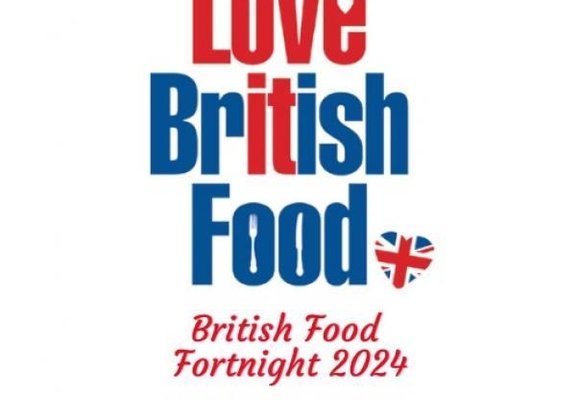British food manufacturers have reported the first drop in production costs since May 2016, as reported by Lloyds Bank. This is because lower commodity and energy prices and cheaper shipping outweighed a jump in wage bills.
Previously, manufacturers' wage costs were rising twice as fast as average. However, commodity prices, measured by the United Nations food price index, are 21% lower than a year ago. Despite these lower prices, it will take time for this fall to hit shelves due to the long-term nature of contracts between the manufacturers and retailers and broader segments of the production chain.
According to Britain's Office for national statistics, food price inflation has hit its highest peak since April 1977, at 19.1%, and has begun easing fractionally in May. Food prices have decreased slower than expected by manufacturers due to higher-than-expected overall inflation.










